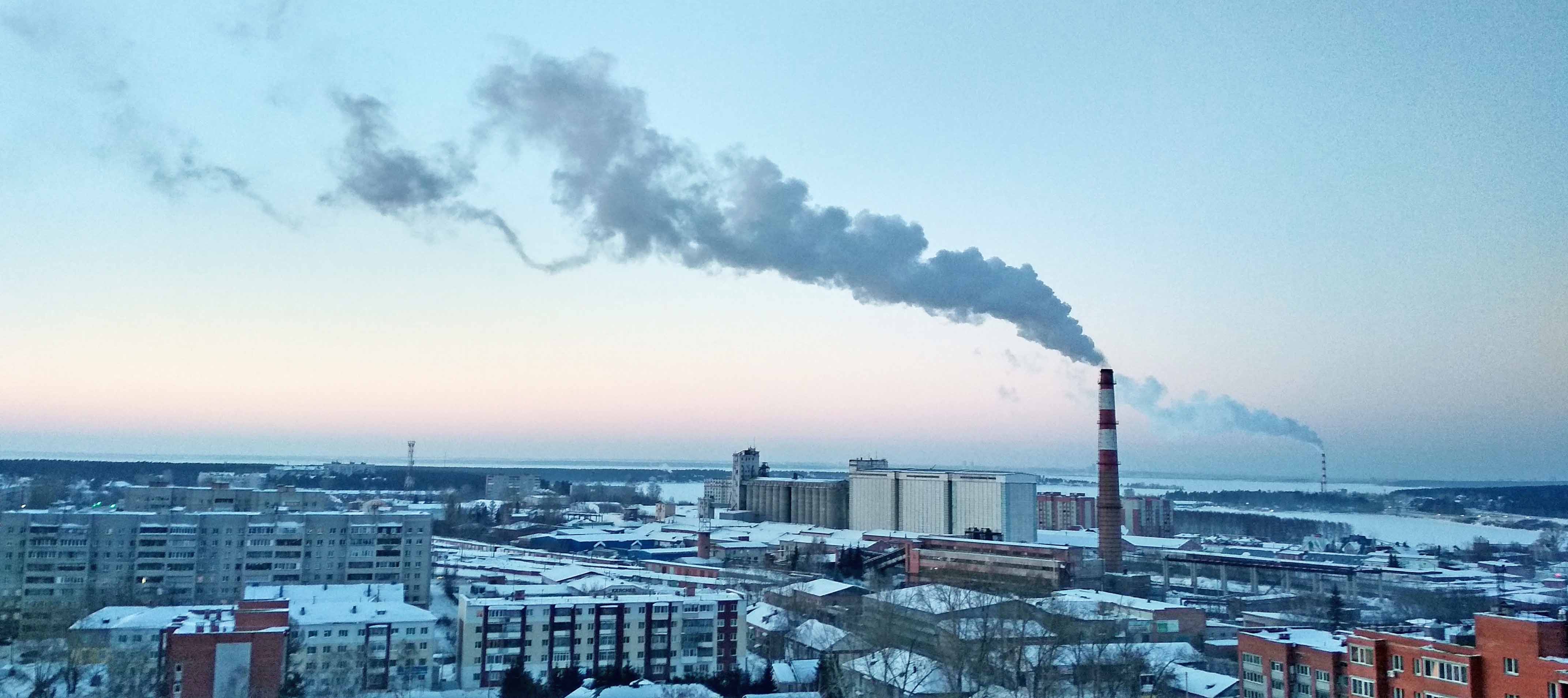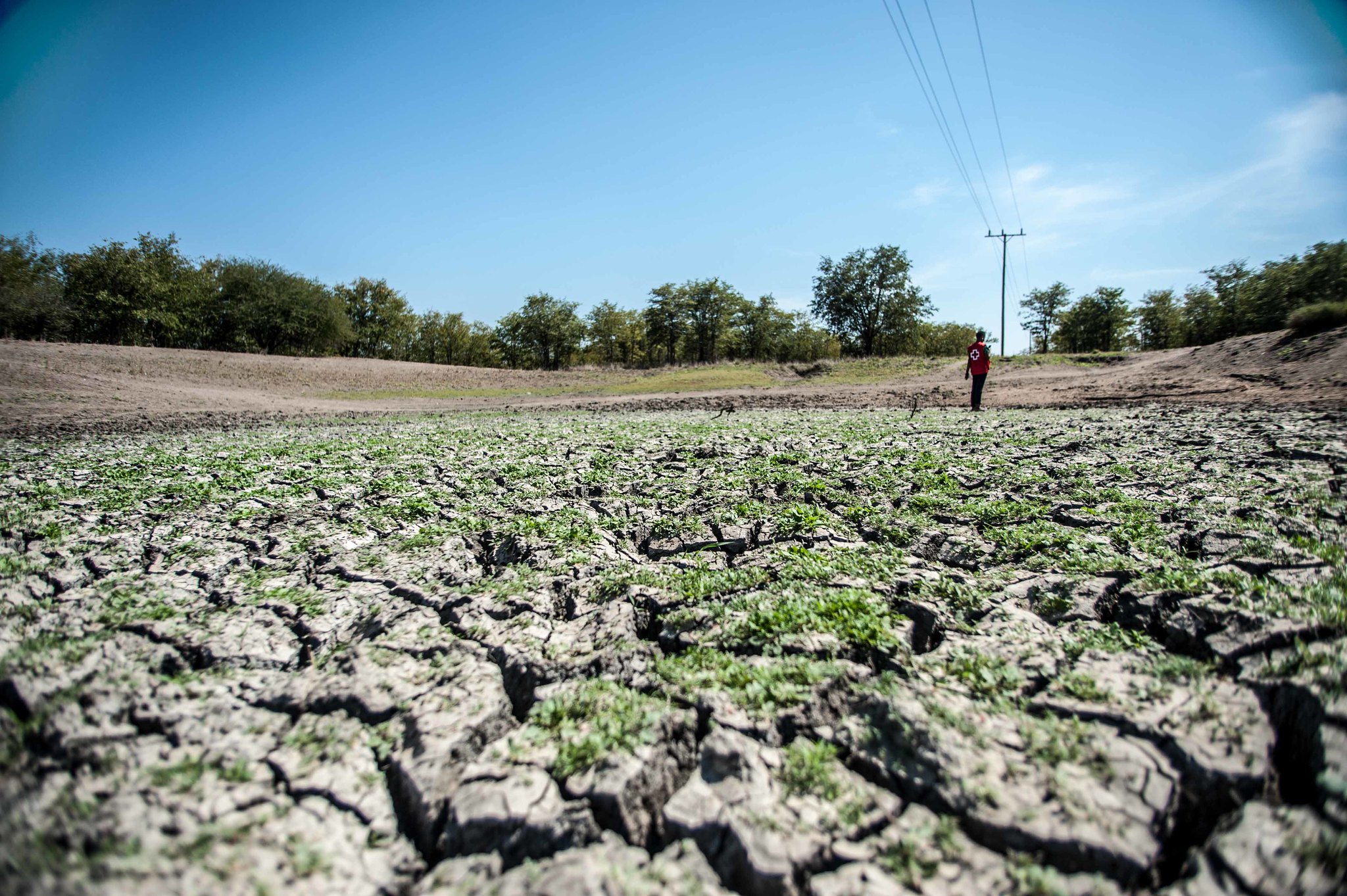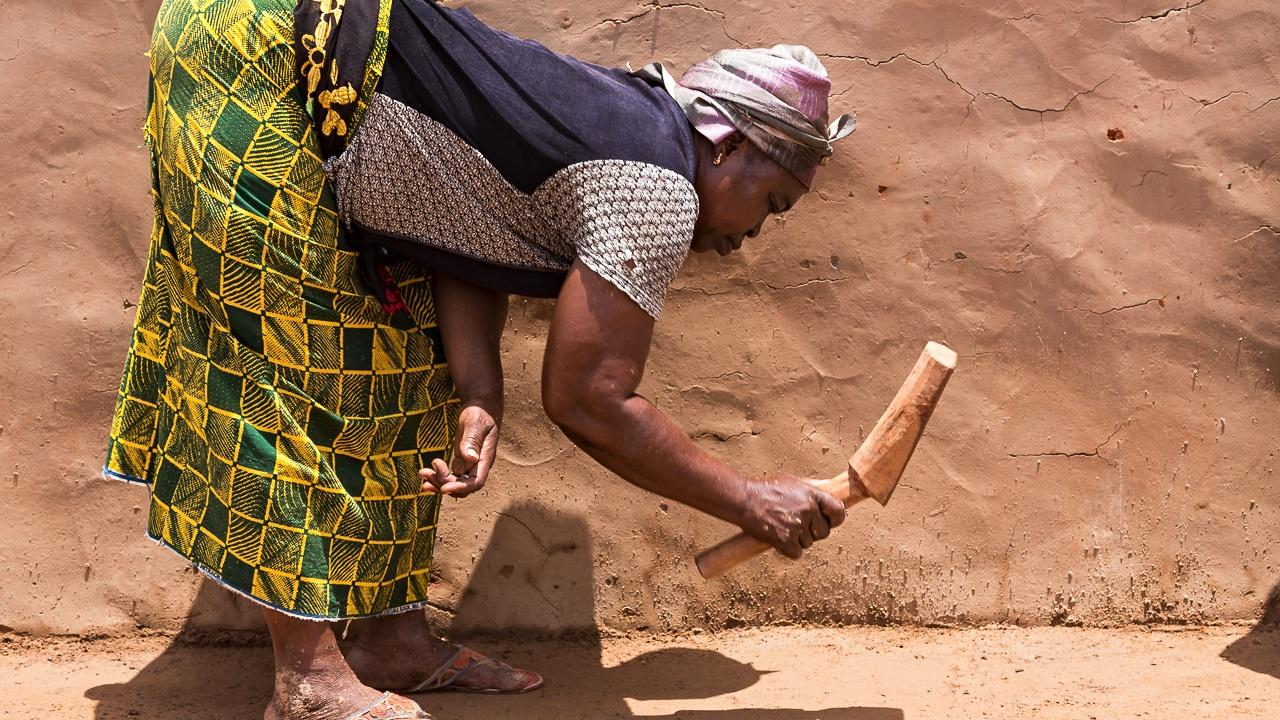Scott McKenzie says that the ongoing case in Carolina township proves that there is still a way to go till water is enshrined as an essential human right. This post originally appeared on Global Policy.
South Africa’s constitutional protection for the human right to water is an example of how human rights can be connected directly to national laws and public policy. But, it is also an example of the bumpy road ahead for those hoping to improve protections via national laws. Looking at the human right to water in South Africa starkly shows the problems. All citizens are constitutionally guaranteed access to a certain amount of water free of charge. However, this does not always result in as the situation unfolding in Carolina township shows, these legal protections do not always result in proactive policies that protect the people’s water supply. Many hope that as human rights protections are integrated into state legal systems, more citizens will have their rights protected and more states will shape their policies to meet the obligations created by these rights, but the future will be far from smooth.
The Human Right to Water
Throughout its history, humanity has expressed strong understanding of water’s value. We know that clean water should be prized in its own right, and because adequate access to water affords everyone a higher quality of life through improved health and economic opportunities. Protection for water can be found in an impressive array of legal systems. For example, water rights are a feature of customary law found in South American villages and are also codified in the Quran.
More recently, water has been featured in modern human rights treaties including the Geneva Convention, International Covenant on Economic, Social and Cultural Rights, and the Convention on the Rights of the Child. However, the United Nations did not recognize water as an explicitly stated human right until 2011.
Treaties and resolutions reflect the underlying value that humanity places on access to clean water. Our global development agenda, shows that we are attempting to put those shared values into practice. This is seen in places such as the Millennium Development Goals, which aims to drastically reduce the number of people without sustainable access to safe drinking water and basic sanitation.
In South Africa, water was protected by its inclusion in the country’s 1996 constitution. Section 27(1)(b) of this instrument clearly states that “everyone has the right to have access to sufficient food and water.” As specific as this requirement may seem, the drafters of the constitution left the smaller details of implementation to the legislature and courts.
The South African Supreme Court upheld the human right to water and put more focus on how to find a “sufficient” amount as set forth in the constitution in its landmark decision, Mazibuko v. City of Johannesburg (often known as the Phiri case). During the apartheid era, the Johannesburg Water Company had assumed that each household would use around 20 kiloliters (kL) per month and charged township residents a flat rate of about $9. In practice, each water meter was using was using 67kL, and many people had become accustomed to not paying the fee assessment at all. The water company decided it needed to change its policies. In response, they installed pre-paid water meters in the township of Phiri as a way to reduce this significant economic loss. The water company ‘s new policy would provide each person 6kl (25L/person/day) of water free, and any additional water would require the a customer to pre-pay.
The plaintiffs challenged this decision based on the constitutional protection for the human right to water. Lower courts held that the 25L amount was not enough for each person. The court relied on evidence provided by Professor Peter Gleick of the Pacific Institute who had estimated that the amount of water per person per day should be 50L. However, in its decision on the case, the Supreme Court consulted a South African water expert and who established the amount of water needed per person to realize the human right to water was 42L per day.
Carolina water woes
This year in the Carolina township, the water treatment plant was overwhelmed by pollution from nearby mines. This resulted in water quality far below acceptable standards. The unpotable tap water forced residents to walk miles to collect their daily water from storage tanks. The shortage of clean water for the residents of Carolina became so acute that in addition to the obvious local pressure to solve the shortages, the township attracted national and international media coverage.
Steps could have been taken at many different levels of government which would have prevented this situation. Nationally, the mines needed to be inspected for their compliance with applicable pollution regulations. On the local level, when pollution was first detected in the water supply it should have been fixed immediately instead of waiting for the problem to grow more acute.
Leaders in South Africa are speaking out. Marti Wenger, the deputy spokesperson on water and environmental affairs for the Democratic Alliance even suggested that criminal charges should be filed against the negligent officials responsible for the failure to provide clean water.
Similar to the plaintiff’s in Phiri, the residents of Carolina townships are using the court system to enforce their human right to clean water. This case focuses less on the amount of water that is required, but who is obligated ultimately to provide that amount. The residents of Carolina are being assisted by lawyers from the Federation for a Sustainable Environment, Lawyers for Human Rights, and the Legal Resources Centre. The residents won a favorable ruling at the High Court, including requiring the municipality to temporarily provide potable water and to engage with the residents about the steps being taken to provide long-term permanent solutions to the shortage of clean water.
However, instead of accepting its responsibility the township government has appealed this ruling claiming it would be an undue financial hardship. This appeal has suspended the enforcement of the judgment, which would bring clean water to these residents.
For its part, the South African government and the local municipality have tried to reassure residents that anti-pollution programs and increased treatment now make the water safe to consume. One government official went so far as to drink the water before the whole village. It seems that despite legal maneuvering by the local government, the federal government has acknowledged its responsibility for ensuring that the residents of Carolina have access to sources of clean water.
At the conclusion of this case, when all appeals have been heard and the people of Carolina have water we will have a better idea of how this human right can be implemented. It will not be a final picture, but as time goes on we are slowly understanding all the policies that need to be enacted and practical steps that need to be implemented for this human right to be realized.
As Dr. Rommel F. Linatoc, of the Ecumenical Water Network, recently pointed out “water is an issue of human rights and dignity. Once that dignity and human rights is eradicated from each individual then becomes a political issue…that needs to be addressed politically.” As the human right to water is incorporated into more national constitutions, and cases involving the right are brought up at more tribunals, these early South African cases will be important guide posts in ensuring that everyone has this right.
******************************
In other human right to water-related news, the state of California in the USA has formally adopted Assembly Bill 685. This bill goes into effect on January 1, 2013 and states that every person in California has a human right to safe, clean, affordable and accessible drinking water.






